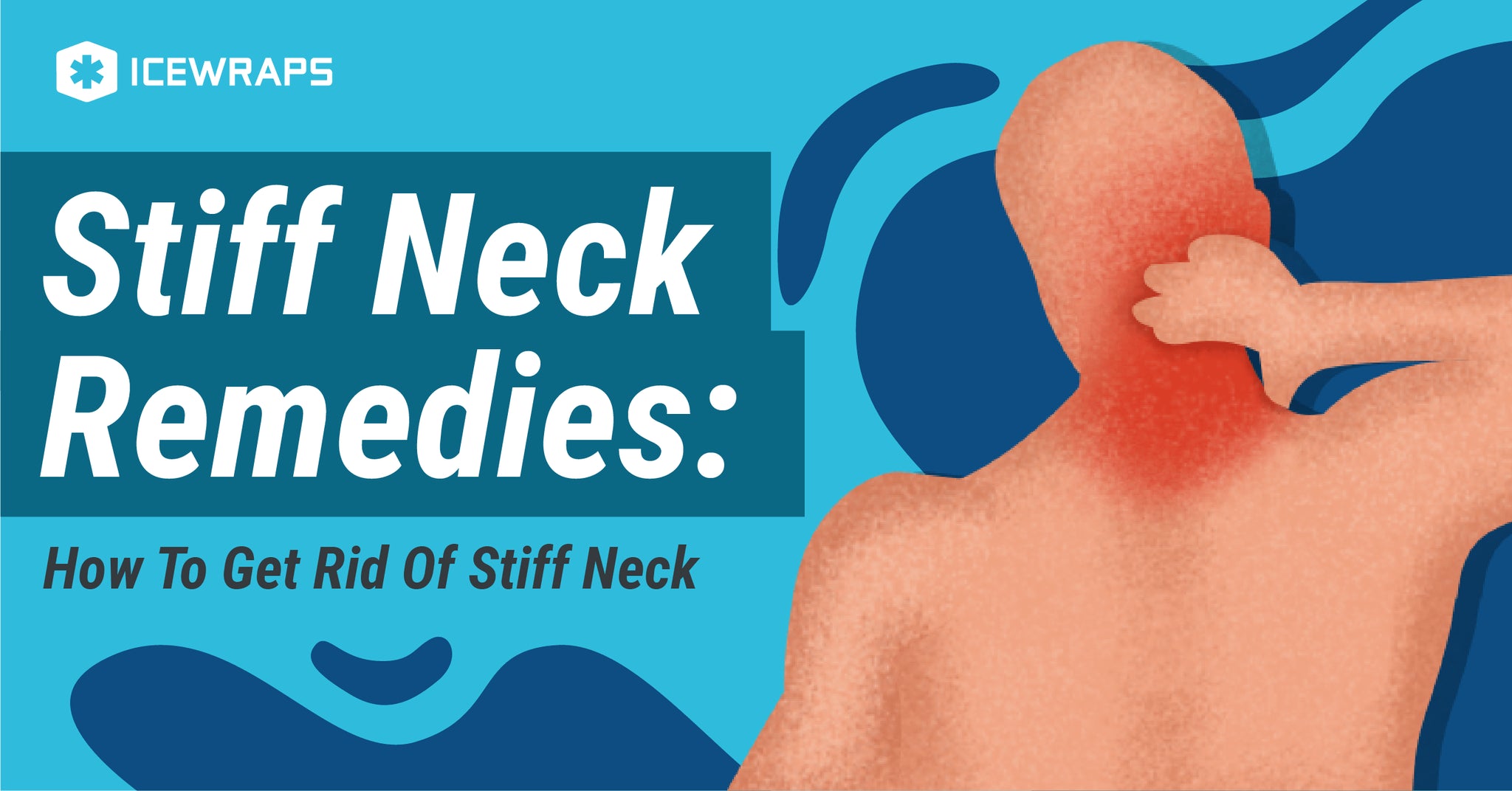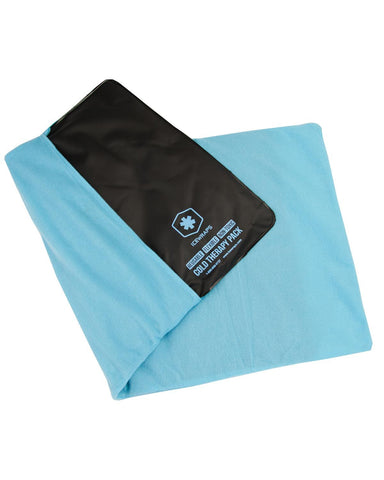Your Cart is Empty

Contents
Never had stiff neck before? You’ve probably been blessed with some extra good karma.
See, stiff neck is one of the most common---and most exasperating---muscular conditions out there. In fact, as much as 30% of American adults report neck pain each year.
And while this condition may not seem as serious as, say, a rotator cuff injury, it sure is one heck of a nuisance. This muscular discomfort can ruin anyone's day, and if you don't do anything about it, it could go on to wreck your whole week or worse, develop into a chronic problem that you’ll have to deal with for the rest of your life.
No amount of good karma can save you from that one.
Wanna find out how to treat and prevent stiff neck? All you have to do is to read on:
Sometimes stiff neck can also stem from more complicated conditions like cervical degenerative disc disease, osteoporosis, slipped disk, osteoarthritis, or meningitis. In such cases, it's always best to consult with an expert to determine the root cause and come up with a solid plan of care.
Common stiff neck usually goes away within a week or so, but you can practice some of these measures to lessen the pain, hasten recovery, and prevent stiff neck from coming back:

Hot and cold therapy is one of the most effective ways to deal with stiff neck. You can use these methods alternately, depending on your condition.
Hot packs are great for loosening the bunched-up muscles on your neck and shoulders. Heat promotes relaxation and encourages increased blood flow to the affected area. When this happens, more oxygen and nutrients are delivered to your tired muscles, speeding up healing in the process. As long as the area is not inflamed or swollen, you can gently place a hot pack on your neck and shoulders. You can even take a hot shower or soak in a nice, warm bath for a full body experience.
Cold therapy, on the other hand, works best within 24-48 hours of a pain flare-up. If your neck and shoulders feel tender or are swelling, cold packs can help reduce inflammation by constricting blood vessels and limiting congestion. Neck ice packs also numb irritated nerve endings, which significantly cuts down discomfort. Place an ice pack to the neck for 10-15 minutes at a time. Make sure to use the gel pack with a cloth cover or barrier while you're at it, to prevent ice burns and skin damage.

|
 |
| ICEWRAPS EXTRA LARGE NECK ICE PACK WITH SOFT COVER | ICEWRAPS 12X21 OVERSIZE COLD THERAPY CLAY PACK WITH COVER |
 |
 |
Icewraps specializes in developing cold therapy wraps for various body parts. Our extra large neck ice pack is specifically designed for the neck and its surrounding muscles. Filled with all-natural healing clay, this pack releases cold temperature evenly through an extended period. It's long enough to be conveniently draped over your shoulders so you can ice those hard-to-reach areas with ease, and stays flexible even when frozen, too!
Rest is key if you want your damaged neck muscles to recover. Refrain from activities that might stress your neck and shoulders like lifting heavy objects, dancing, swimming, or working long hours in front of a computer for about one to two days. Thereafter, you can engage in gentle exercises to strengthen your muscles and prevent further muscle spasms from occurring.
Speaking of gentle exercises, a little goes a long way when it comes to your neck. Since stiff neck is almost always caused by tight muscles around your first and second cervical vertebrae, doing some gentle exercises like the ones shown above can do you a lot of good.
These exercises help loosen tight muscles and improve their flexibility and strength. Strong muscles support your head better and are less prone to injuries and spasms. Practice these exercises carefully at home, or better yet, consult a physical therapist to help you out.
Like heat therapy, massage is excellent in promoting relaxation and vasodilation. Check out the video above to learn how to do some neck self-massage exercises. These simple massage techniques help loosen the tight muscles on the base of your skull, all the way down to your neck and shoulders. They’re pretty easy to do, too! Just remember never to put direct pressure on your spine or any bony prominences to avoid possible spinal injury.
Over-the-counter pain relief medications like ibuprofen are helpful in reducing pain, inflammation, and tenderness in your neck area. If your stiff neck is caused by other medical conditions, your physician may prescribe specific meds to treat the underlying cause.
Posture plays a huge part in preventing stiff neck. If your job requires you to sit down on a desk for long periods of time, make sure that you're practicing proper posture. When sitting down, make sure that both of your feet are flat on the ground, and that your back is straight. Your ears should line up with your shoulders, too.
Here are other best practices to remember when in the office:
Good sleep practices also play a pivotal role in preventing stiff neck.
Sleeping on your stomach stretches your neck in an awkward position. It's best to sleep on your back so that your spine stays in a neutral position and to prevent straining your neck as well. Using pillows made from feather or memory foam is also helpful, since these conform to the natural curvature of your neck. Sleeping on your side is healthy, too, as long as your head rests comfortably in a neutral position and your spine is straight.
Comments will be approved before showing up.